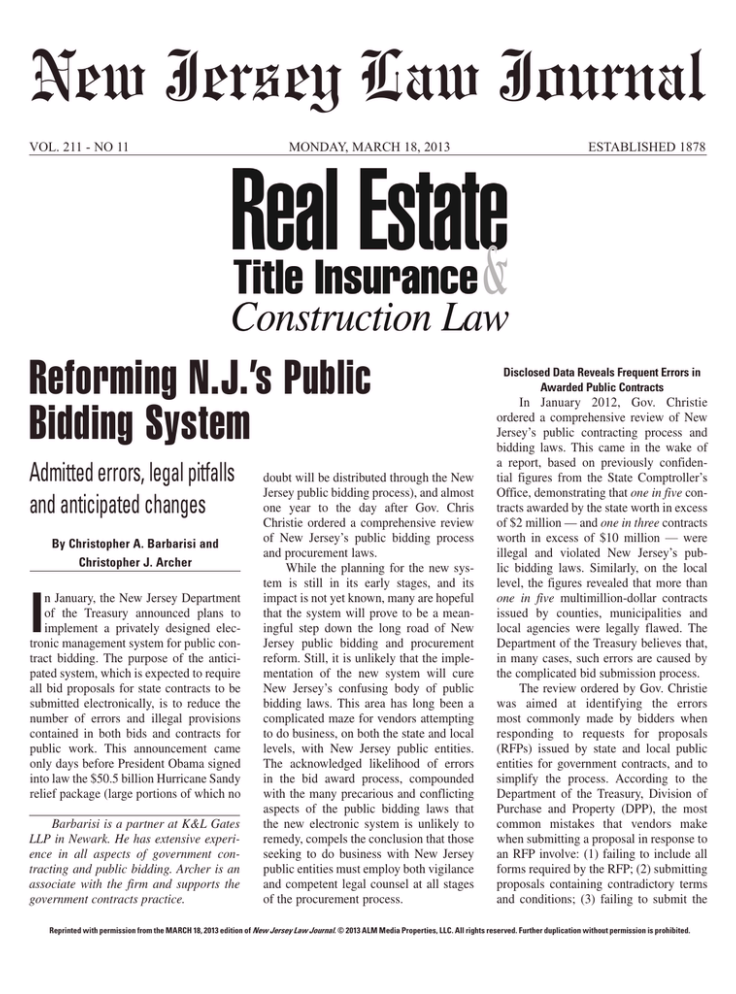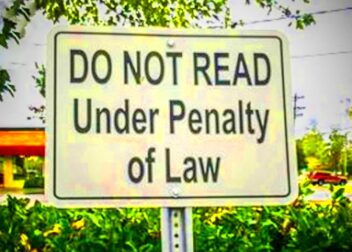Understanding Local Public Contracts Law in New Jersey
When I embarked on my journey to understand the complexities of New Jerseys public contracts law I found myself immersing in a sea of regulations, exceptions and protocols. If you’re a newcomer in this area it’s natural to feel a bit daunted. However as I delved deeper I discovered that it’s not merely about terminology; it’s also about upholding fairness, transparency and making sure that taxpayers money is used wisely. So let’s unpack this topic gradually so it seems less like navigating through a labyrinth and more like taking a guided tour, through the process.
What Local Public Contracts Law Covers
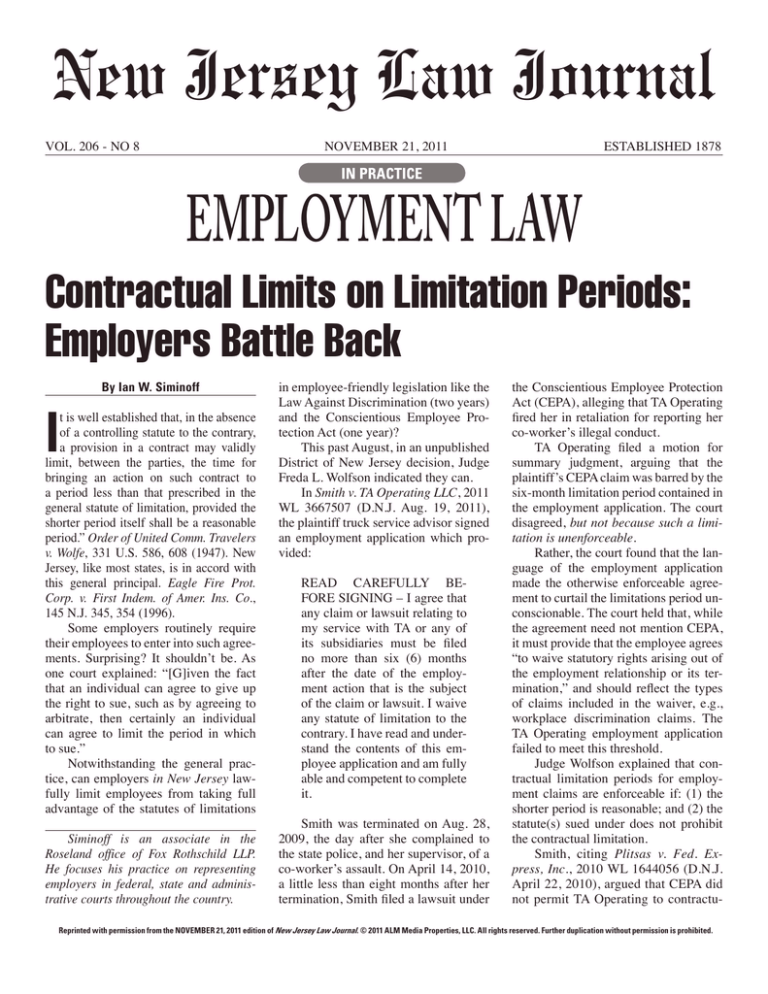
In New Jersey the local public contracts law acts as a force to ensure that things go smoothly when it comes to spending public funds. It governs various activities such as buying goods and services and overseeing the construction of projects. What’s particularly intriguing about this law is its core value of fairness. Picture a scenario where contracts were given out as gifts to friends and family members. Fortunately this law is in place to stop such favoritism from occurring.
Here’s a glimpse into what it covers:
- Public Bidding Requirements: This ensures that any contract over a certain value must be publicly advertised and open for bidding.
- Contract Award Procedures: Contracts are awarded based on the lowest responsible bid, ensuring taxpayer money is spent efficiently.
- Ethical Guidelines: Public officials and contractors must adhere to strict ethical standards to avoid conflicts of interest.
After witnessing the implementation of these laws, I can confidently say that they go beyond mere written regulations. They reflect the essence of serving the public by addressing the needs of the community impartially.
Understanding the Bidding Process in New Jersey
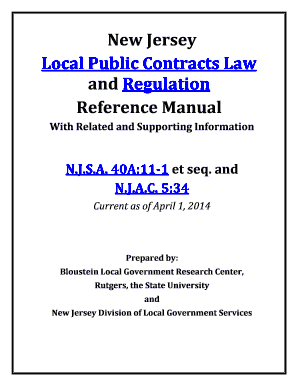
In New Jersey the bidding process might seem intense but its meant to be open and just. Imagine this scenario a municipality wants to construct a school and multiple construction firms show interest. Through the bidding procedure these companies can vie against each other to secure the project by offering the best blend of cost and quality.
Here’s how it typically works:
- Advertisement of Bids: The public entity advertises the contract, inviting bids from interested parties. This step ensures transparency and fairness.
- Submission of Bids: Contractors submit their bids, outlining their proposed costs and how they plan to meet the project’s requirements.
- Bid Opening: Bids are opened in a public setting, so everyone knows the numbers on the table. This openness is crucial in maintaining trust.
- Evaluation and Award: The contract is awarded to the lowest responsible bidder, but this doesn’t always mean the cheapest bid. It’s about finding a balance between cost and capability.
I recall a tale shared by a buddy who operates a contracting venture. He once submitted a proposal for a project in the area and even though he didn’t secure the win he valued the opportunity it provided to compete against larger rivals. These anecdotes highlight how the process, though intricate aims to offer everyone an equal opportunity.
How Public Entities Award Contracts
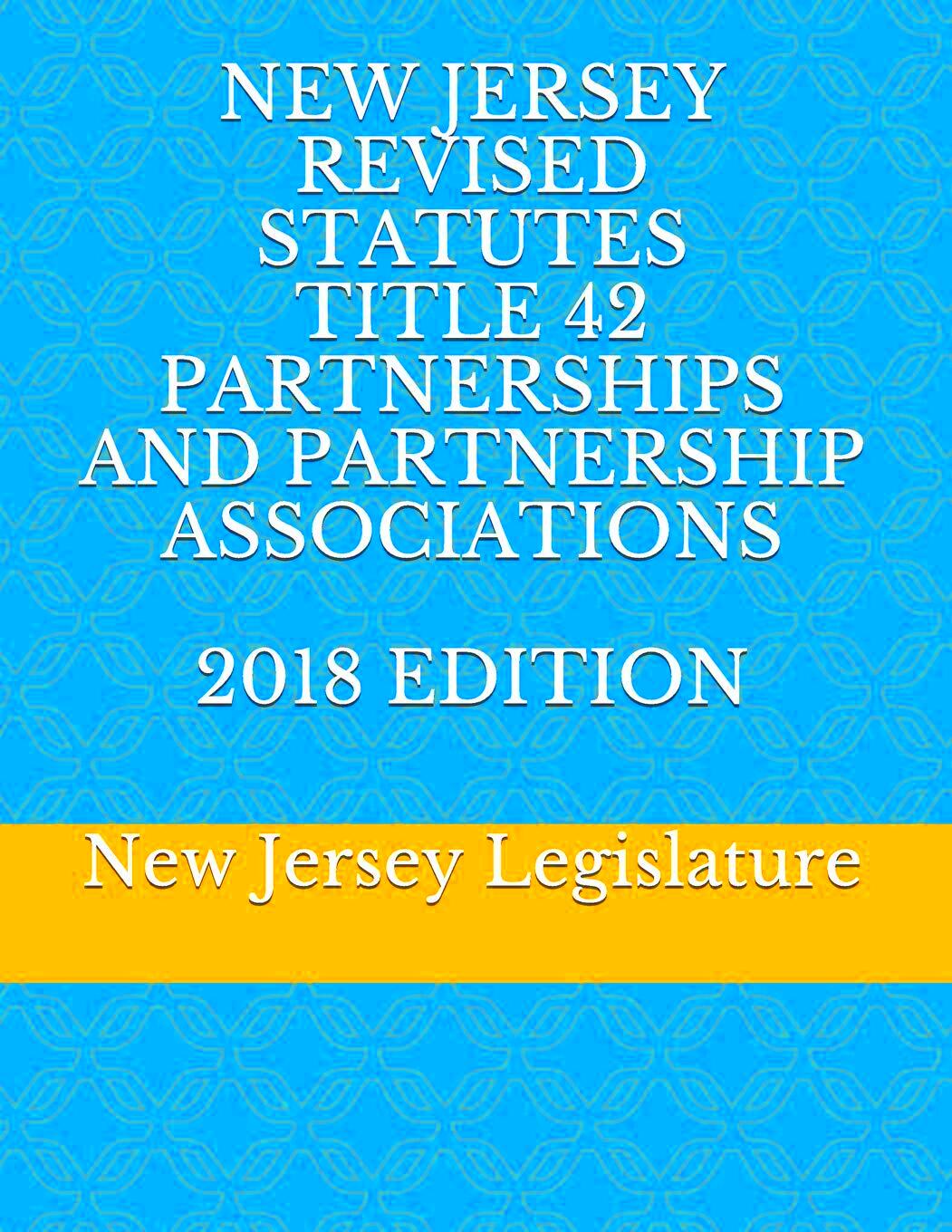
In New Jersey the process for awarding contracts by entities is as thorough as making a cup of chai. Each step is carefully taken to ensure fairness and transparency in the outcome. I’ve always seen this process as crucial, for maintaining public trust. Just think about it if contracts were handed out randomly public confidence would take a hit right?
Here’s how the process typically unfolds:
- Evaluation of Bids: Once all bids are in, they are carefully evaluated. This isn’t just a numbers game; it’s about understanding which contractor can deliver the best value. It’s like comparing different brands of basmati rice—not just about price, but quality and trust as well.
- Responsibility and Responsiveness: The term “lowest responsible bidder” is key here. This means the bidder who not only offers a competitive price but also meets all the criteria set by the public entity. I remember a time when a friend’s company lost out on a bid because they overlooked a minor requirement. It was a tough lesson, but it taught him the importance of being thorough.
- Contract Award: Finally, after careful consideration, the contract is awarded. This is usually done in a public meeting, adding another layer of transparency. Everyone involved knows the decision wasn’t made behind closed doors.
While it may take time this procedure guarantees that taxpayer money is spent judiciously. Its a framework rooted in equity that I think we should all hold dear.
Key Legal Requirements for Contractors
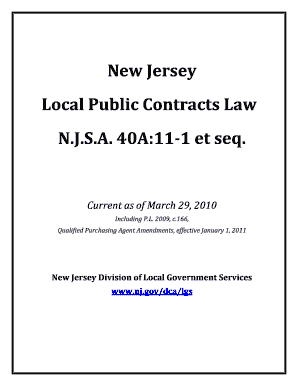
If you’re a contractor aiming to take on projects in New Jersey it’s crucial to grasp the legal obligations involved. Think of it as being familiar with the intricacies of a game of cricket—if you’re not well versed in the rules you might find yourself facing consequences. These regulations aren’t designed to catch you off guard; rather they serve to create a fair environment and uphold integrity in the process.
Some of the key legal requirements include:
- Licensing and Registration: Contractors must be properly licensed and registered with the state. It’s like having a ticket to enter the game—without it, you’re not even allowed on the field.
- Prevailing Wage Laws: New Jersey has strict laws regarding wages on public projects. Contractors must pay their workers at least the prevailing wage, ensuring fair pay for a fair day’s work. It reminds me of my father’s advice: “Always treat those who work for you with respect.”
- Bonding Requirements: Public contracts often require contractors to post bonds. This serves as a financial guarantee that they’ll complete the job as agreed. It’s a bit like a safety net, ensuring that if something goes wrong, there’s a backup plan.
Meeting these standards is essential not only to secure contracts but also to uphold a positive image in the field. As a veteran contractor once shared with me “It’s not solely about adhering to the regulations; it’s about fostering trust.”
Compliance and Ethical Considerations
In the realm of government contracts adherence to rules and ethical standards goes beyond being mere jargon; it serves as a guiding principle for every decision made. This notion reminds me of the wisdom passed down by our seniors; the importance of doing what is right even when no one is observing us is what truly counts.
When it comes to contracts there are rules of conduct that both contractors and government officials need to follow. Lets take a closer look at these guidelines.
- Avoiding Conflicts of Interest: Contractors must avoid situations where their personal interests might conflict with their professional duties. It’s like the lesson I learned from my grandmother—“You can’t serve two masters at once.”
- Transparency in Operations: All dealings must be transparent. This means no under-the-table deals or secret negotiations. Everything should be out in the open, just like a family discussion around the dinner table.
- Reporting and Accountability: Regular reporting ensures that all actions are documented and can be reviewed if necessary. It’s a way to keep everyone honest and accountable, much like how my father used to keep track of household expenses in a little notebook.
Adhering to these principles is not solely about legal obligations; it involves establishing a reputation for honesty. Over time contractors who abide by the regulations are the ones who remain active in the industry. In a domain where trust holds immense value that is the ultimate reward.
Common Challenges in Local Public Contracts
Dealing with contracts in New Jersey can be quite a tricky process filled with unexpected and tough challenges. I recall a time when a friend of mine who owned a business got a local contract. What initially appeared to be a chance quickly became a test of resilience. Let me share some insights on the obstacles that contractors often encounter.
- Complex Regulations: Public contracts are governed by a web of regulations that can be overwhelming. From compliance requirements to bidding procedures, understanding and adhering to these regulations can be a full-time job in itself.
- Delayed Payments: One of the biggest frustrations is the delay in payments. Even after winning a contract and completing the work, payments can be delayed, which can strain cash flow. My friend’s business faced such a challenge, and it was a real struggle to keep things afloat while waiting for funds.
- Strict Compliance Standards: Contractors must adhere to a stringent set of standards, including safety, quality, and performance. Meeting these standards while staying within budget and on schedule can be a balancing act.
- Competitive Bidding: The bidding process is highly competitive. Winning a contract often requires not only a great proposal but also a bit of luck. It’s akin to participating in a high-stakes competition where every detail counts.
While the challenges may seem overwhelming they bring with them valuable insights. They impart lessons in perseverance, patience and the significance of careful preparation. Overcoming these hurdles can pave the way, for progress and development in ones career.
How to Resolve Disputes Under New Jersey Law
Conflicts may occur in the realm of public contracts and navigating through them can be quite a challenging process. Based on my own observations I’ve realized the significance of approaching these matters with sensitivity and empathy. Lets explore how disputes are usually settled according to New Jersey regulations.
- Negotiation: Often, the first step is to negotiate directly with the other party involved. This can sometimes lead to a resolution without needing to escalate the issue. I recall a case where a contractor and a public entity managed to resolve a disagreement amicably through open dialogue.
- Mediation: If negotiation doesn’t work, mediation might be the next step. This involves a neutral third party helping both sides come to an agreement. It’s like having a referee in a heated family discussion, helping to find common ground.
- Arbitration: Arbitration is a more formal process where a neutral arbitrator makes a binding decision. It’s less formal than going to court but still legally binding. I’ve seen it as a middle ground between negotiation and litigation, providing a structured way to resolve disputes.
- Litigation: As a last resort, disputes may be taken to court. This can be time-consuming and costly, but it’s sometimes necessary to resolve the matter. Litigation is like the final step after all other options have been exhausted.
Different ways of resolving conflicts come with their own benefits and are appropriate for varying circumstances. The important thing is to tackle the process calmly and be open to reaching a solution that is fair to everyone involved.
Frequently Asked Questions
Like any topic, people tend to have questions. Drawing from my encounters and discussions with experts in the industry, here are some common inquiries regarding public contracts in New Jersey.
- What is the minimum contract value that requires public bidding? Generally, contracts above a certain threshold, set by state law, must be publicly bid. This threshold can vary, so it’s essential to check the current limits.
- How can I ensure my bid is competitive? Researching past contracts, understanding the needs of the public entity, and preparing a detailed and accurate proposal can help make your bid stand out.
- What should I do if my bid is rejected? If your bid is rejected, seek feedback from the public entity to understand why. This can help you improve future proposals. Also, ensure you review the bidding criteria and compliance requirements thoroughly.
- Are there any resources for learning more about public contracts? Yes, various resources, including state websites and local business organizations, offer guidance and training on public contracts. Engaging with industry groups can also provide valuable insights.
Grasping these factors can assist you in maneuvering through the intricacies of regional government agreements with greater efficiency. Keep in mind that staying educated is crucial for achieving success in this area.
Conclusion
Looking back on my journey through New Jerseys local public contracts law it’s evident that navigating this realm demands both patience and accuracy. From grasping the intricacies of the bidding process to navigating compliance and ethical standards each step presents a chance for growth and learning. My own experiences have taught me that although the road may be tough it is also immensely fulfilling. The key lies in staying updated following the rules and approaching contracts, with integrity and a clear sense of purpose. By doing so you not ensure adherence but also establish a strong reputation that can open doors to future success. Ultimately embracing these values and facing challenges head on will pave the way, for fair and effective public contracting.
